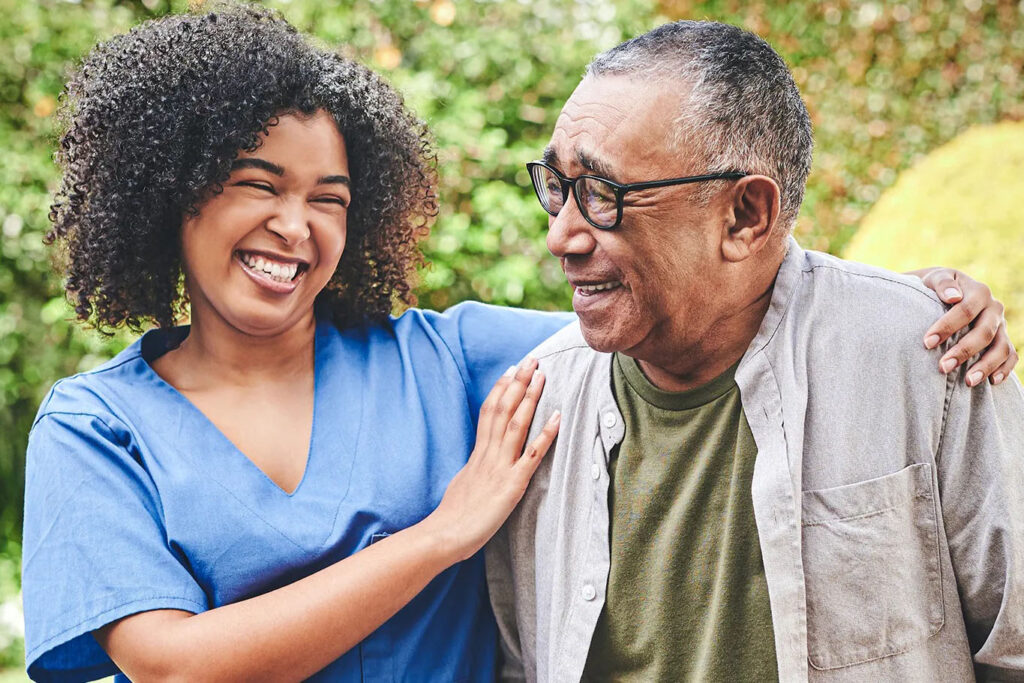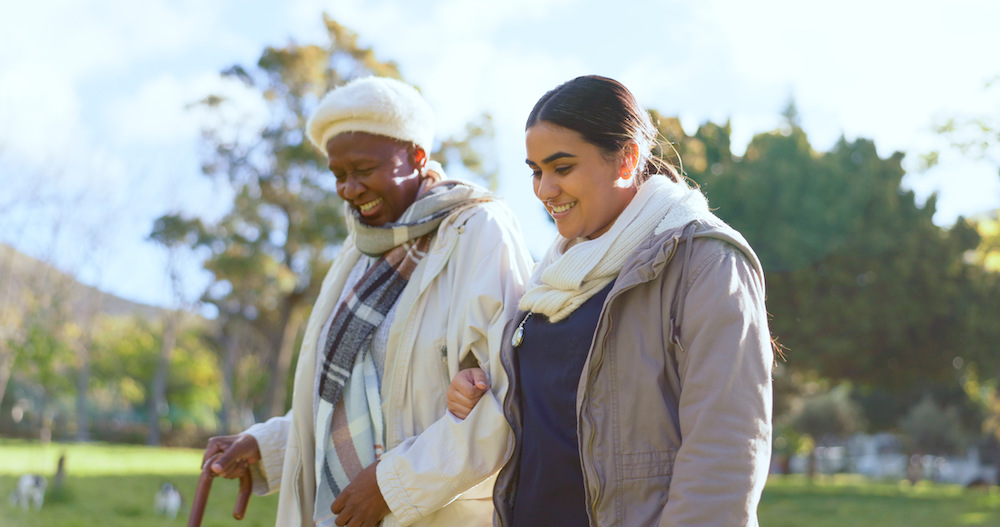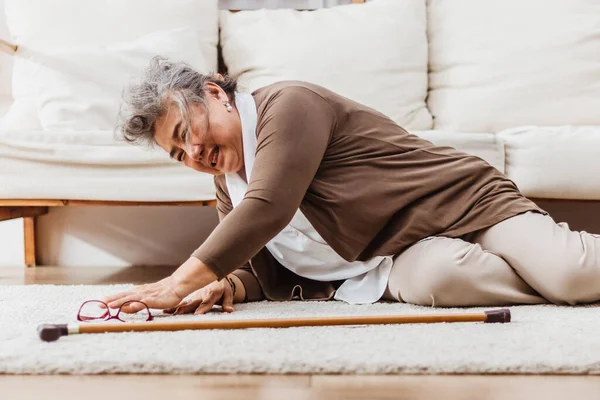Safety
Safety
Overview
Most people living with dementia will continue to live at home. A house that used to be easy for your loved one to get around in may start to become tricky. Every person is different. Your loved one may be able to continue to do things like cook and clean for a long time – or they may have to stop sooner than they would like. It’s important to pay attention to how they’re doing so they can be safe.

Home Safety
• All rooms of the house, the garage, and any outbuildings that may need changes.
• Where your loved one likes to spend the most time.
• The hobbies and activities your loved one would like to safely continue (gardening, fishing, working out, cooking or baking, etc.).
• Who your loved one can stay with if you’re not at home.
• Talking to your loved one about locking up medications, cleaning supplies, detergent, kitchen knives, tools, and other potentially dangerous items.

Wandering and Getting Lost
Wandering is common for people with dementia. When it happens, it can be very scary. It’s best to be prepared if your loved one goes missing. Having a plan will help you get your loved one home as quickly as possible.
One way to minimize the chances that your loved one will wander is to have a regular routine that provides structure to their day. If your loved one is in the early stages of the disease, work with them to set up schedules that work for both of you. If your loved one is in a later stage of the disease, make sure that the routine causes minimal disruption to your loved one’s day. When a person with dementia has a regular schedule, they are less likely to wander because they understand that they will be doing something soon.
Keep in mind that wandering can happen with any care partner. If this happens, don’t be hard on yourself. There’s a lot to learn from a wandering event that can help you if there is a next time. For example, if your loved one wanders right before dinner, you can plan activities for them to do at that time each day.

Preventing Falls
People living with dementia are more likely to fall than people without dementia. Places where your loved one is used to walking may become harder for them to get around. Their sense of balance may get worse as the disease progresses. And if they don’t exercise, their muscles will get weak, and they may fall more often. There are still things you can do to take control of the situation and minimize the chances that your loved one suffers a fall.
Emergency Contacts
Life happens. Your loved one may wander off, you may get in a car accident, or you may suddenly need to visit a sick relative in the hospital and need to leave your loved one with a friend. Take a few minutes to plan now for emergencies so that when life happens, you’ll have one less thing to worry about.

